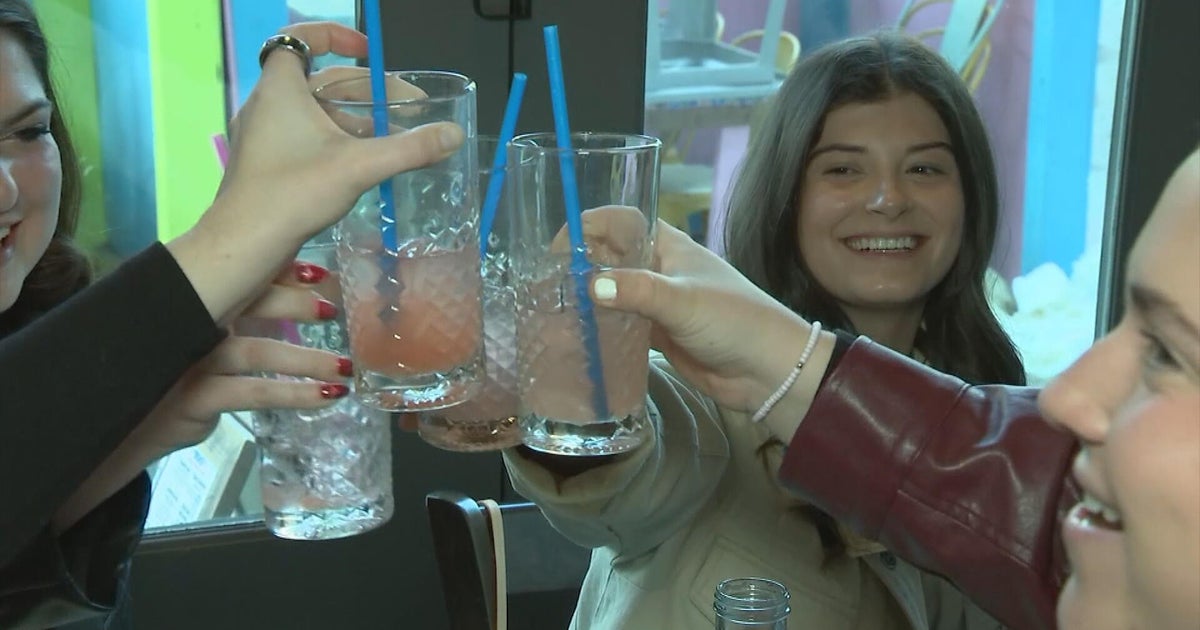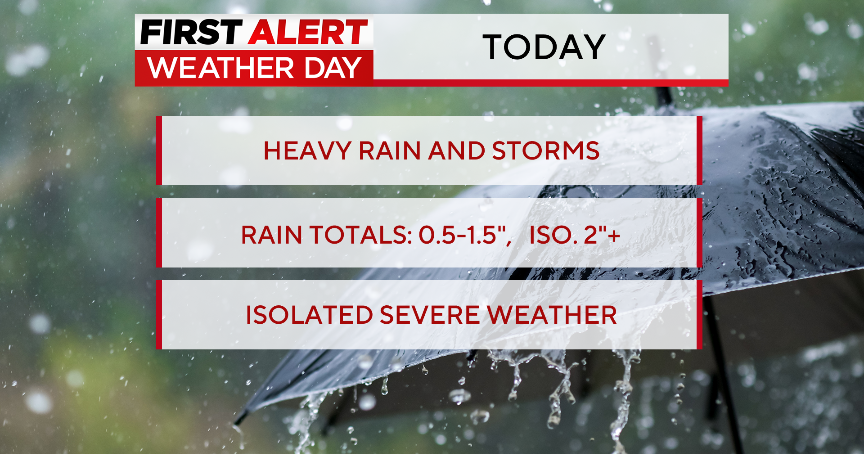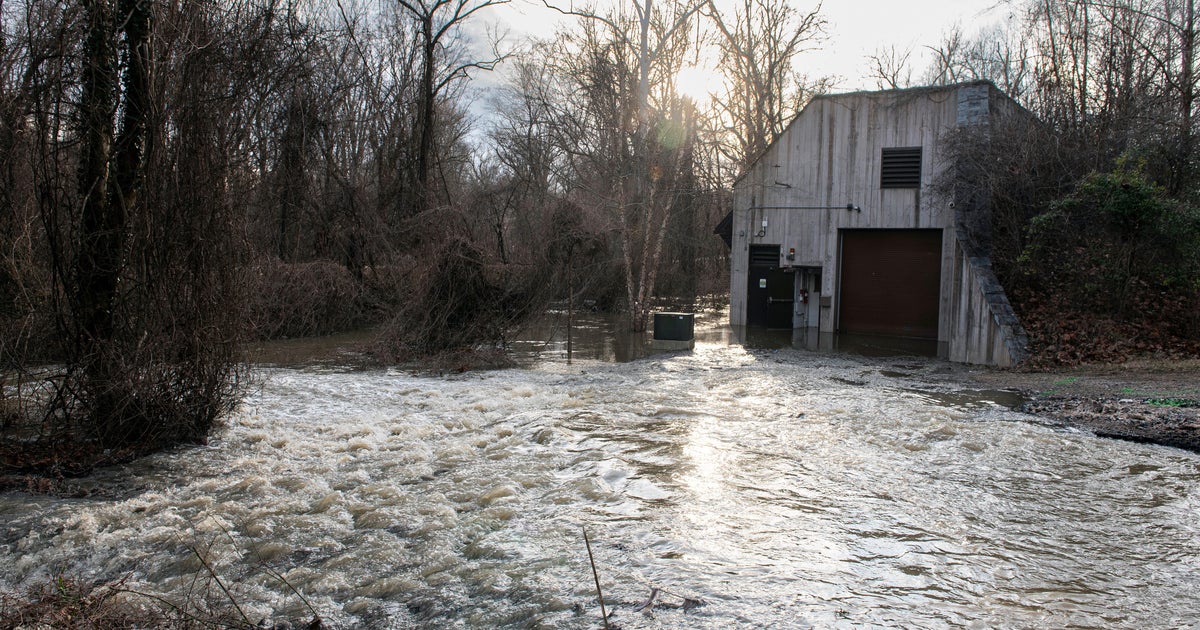Good Question: How Do I Make Valentine's Day Flowers Live Longer?
MINNEAPOLIS (WCCO) -- Many of us will open up our wallets to send a token of our love on Valentine's Day.
The flower industry estimates that more than 200 million roses are sold just for that one holiday. But there's nothing worse than spending money on flowers and having them die soon after putting them in the vase.
So what are the secrets to making flowers last longer?
"Typically when I take flowers home that we grow here we can go 14 days," said Patrick Busch, CEO of Len Busch Roses in Plymouth.
Busch grows millions of stems every year, from roses to daisies to lilies.
"Flowers wilt strictly because they can't get water to flow through the stem," he said.
So every remedy - from the packets of white, powdered plant food to the pennies, aspirin, and bleach - is trying to get the water moving.
"Trick one: Use distilled and reverse osmosis water," Busch said.
Tap water has salt and calcium, which can impede water flow up the flower stem.
So what about the plant food packet?
"It's the difference between three days and 10 days," Busch said.
The flower industry has done studies showing plant food used correctly does extend plant life by up to seven days.
How's it work? Plant food does three things. First, there's sugar.
"Sugar is to make the flower brighter, bolder and the leaves not yellow," Busch said.
Plant food also functions as a bacteria and fungus killer that keeps the water clear and flowing easily into the plant's stem.
There's also an acidifier, which lowers the water's pH, and makes it easier for the water to flow to the plant.
According to Busch, it's critical to mix the flower food according to the directions, so you don't over-treat the plant.
Now let's look at the at-home remedies.
-- Pennies
"Copper is a fungicide. It will kill fungus," Busch said.
But that's about it. And it would take a lot of pennies to make a difference.
-- Aspirin
"Aspirin will acidify the water. Lower pH? Aspirin will do that," he said.
-- Bleach
"Bleach kills the bacteria," Busch said.
But again, that's just one-third of the function of plant food.
Busch said bleach is good to use at a 1 percent level with gerbera daisies, but "if you put too much bleach in, it will damage the stem."







